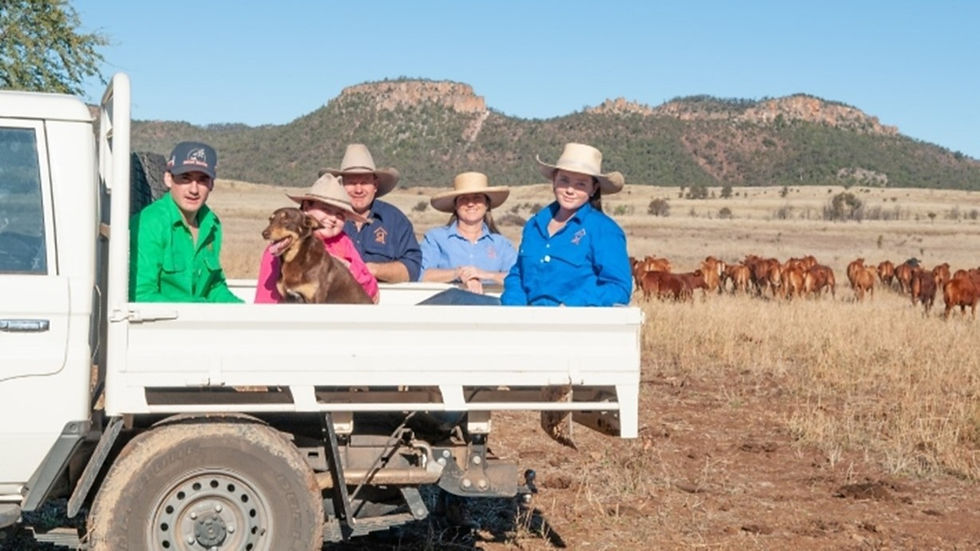Disparity in family farm inheritance across genders remains a sticking point
- Ellis Gelios
- Sep 24, 2021
- 2 min read

New data indicates that women now make up 50 per cent of students graduating with agricultural degrees. However, that data is at odds with succession decisions by farm owners as Australian farming daughters more often miss out on inheriting farms compared with their male counterparts.
Research conducted in 2007 showing that only 10 per cent of Australian farms were inherited by women.
A cross-disciplinary team from the University of New England is now shining a light on this issue challenging the industry in the 21st century.
Emeritus Professor Alison Sheridan, a member of the research team, recently highlighted the favouritism shown towards male farmers who are most commonly the beneficiaries of farm inheritances:
"We know that roles within agriculture are changing but these changes do not appear to be reflected in family succession practices...our preliminary research shows that keeping the family farm together still trumps gender equity and that masculine gender norms dominate.”
Speaking to Clayton Bester on Flow FM, Dr Lucie Newsome, a lecturer in the Business School at the University of New England and holder of a PhD in political science, described the project as ‘so complicated and so fraught’.
“It’s so important for the future of agriculture to be able to understand succession planning and understand why it’s so tricky and particularly for this study to understand whether or not gender does play a role and what are those factors that are contributing to this 10 percent figure that we know of as Australian farms being inherited by women.”
Newsome went on to provide scope as to why male farmers are often the beneficiaries of inheritance in the farming industry.
“Farming families will try to keep it in the family and also its difficult from a financial point-of-view to separate the land between the siblings, so it generally will be just one sibling who gets the family farm, so that again makes the farm business unique and tricky – it’s a tricky process in terms of working out the succession process.”
Dr Newsome - also a Master of Governance and Public Policy from the University of Queensland - explained how advancements in technology have dispelled the notion that males are more suitable when it comes to taking on farming duties.
“Traditionally, farming is very physical and there was always this idea that you need to be a man to be a farmer...but technology has disrupted that idea that you need to be physically tough and strong...but we’re still seeing the perpetuation of that idea that farming is masculine.”






Comments